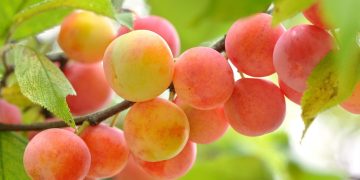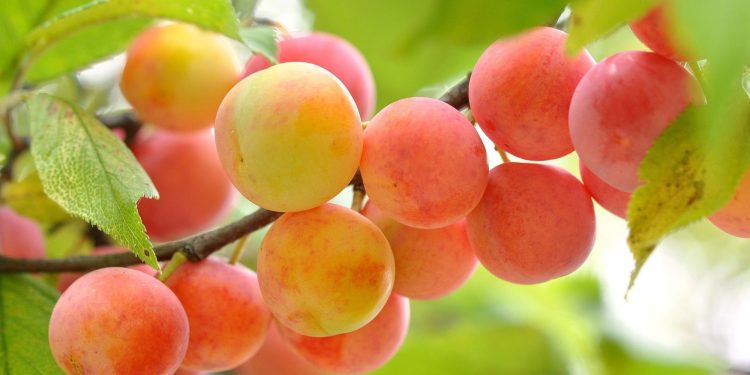#Kazakhstan #FruitProduction #WinterImpact #ClimateChange #Agriculture #ExtremeWeather #Adaptation #FinancialSupport
The severe winter in Kazakhstan has led to the devastating impact on apricot and apple orchards, causing significant losses in fruit production. According to “APK News,” the combination of previous droughts and freezing temperatures this year has resulted in the failure of the orchards to reach their full potential.
“In the past two years, we experienced severe drought, which prevented the orchard from reaching its industrial capacity. However, this year, the winter became the primary cause of our setbacks. Just before the night, there were unexpected freezing temperatures, reaching as low as minus three degrees Celsius. At that time, the trees were already in bloom. We attempted to protect them by using smoke, but even that was not effective enough, and the trees suffered considerable damage. Additionally, spring was characterized by strong winds, which caused further problems such as broken branches, fallen apples, and bud drop. Consequently, this year’s harvest will not be abundant,” explained Elena Kurganova, the director of “Alexandrovsky Sad” LLP.
Experts have highlighted that the seedlings were not adapted to such extreme cold weather. Among the most affected were the peach trees, some of which completely froze. The recovery of the orchards will require additional financial support.
The consequences of the freezing temperatures on apricot and apple trees in Kazakhstan are significant. Farmers and orchard owners face substantial financial losses due to the reduced or failed harvest. The lack of available fruit will not only affect the local market but also impact the export potential of the region. Furthermore, the setback in fruit production will have economic repercussions, as it will affect employment and income generation in the agricultural sector.
To mitigate the effects of future extreme weather events, it is crucial to invest in climate-resilient agricultural practices and develop varieties of fruit trees that are better suited to withstand harsh winter conditions. Additionally, farmers should explore methods to protect their orchards from sudden temperature drops and implement measures to mitigate the damage caused by strong winds. Adequate financial support from the government and relevant institutions will be essential in aiding the recovery of the affected orchards and ensuring the long-term sustainability of fruit production in Kazakhstan.































